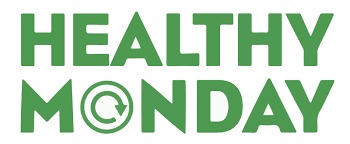Recent research of more than 10,000 patients found that Mondays are the days on which major heart attacks are most likely to occur. These severe heart attacks, are often known as “STEMI.” Chest pain, breathlessness, nausea, stomach ache, perspiration, and other symptoms are among them.

While some people look forward to the beginning of the week on Monday, others can’t help but dread the horrible day that lies ahead of the exhausting week! Some people even visit the emergency department. Yes, you read that correctly.
According to a recent study. Which was presented at the British Cardiovascular Society (BCS) conference in Manchester. Mondays are more likely to have major heart attacks. What is it about the beginning of the workweek that tends to make our hearts more vulnerable? Let’s explore the intriguing connection between Mondays and heart attacks in more detail.
Heart attacks on Monday can be related to our body’s sleep cycle
The study’s principal investigator, cardiologist Dr. Jack Laffan of the Belfast Health and Social Care Trust. Noted that previous studies had already found a connection between STEMI and the beginning of the workweek. Although it wasn’t verified, a 2005 analysis of the available research also revealed cardiovascular events. They are more likely to happen on Mondays suggested binge drinking over the weekend might result in heart problems on a Monday.

According to a previous Insider article, stress related to the forthcoming work week experienced on a Sunday could boost the body’s levels of the hormones cortisol and adrenaline, which could raise blood pressure and cause clotting, increasing the risk of heart attacks.
Work-life balance is essential!
Along with heart attacks, chronic stress, and an unbalanced work-life schedule might increase your chance of developing several illnesses. The significance of creating a harmonic balance, between work and personal life. In addition to reducing productivity. Overworking yourself or disregarding your physical or mental health increases your risk of developing heart disease.



